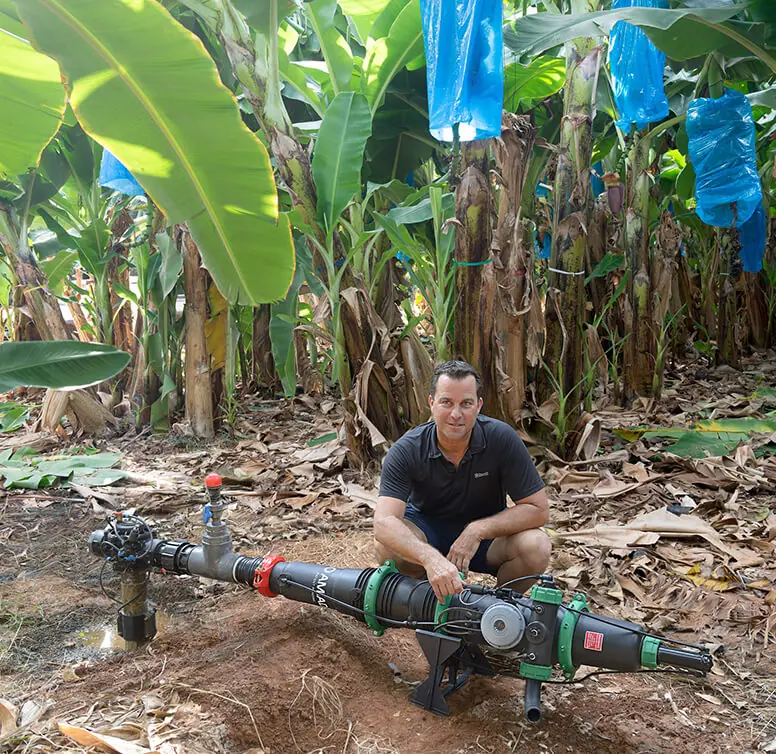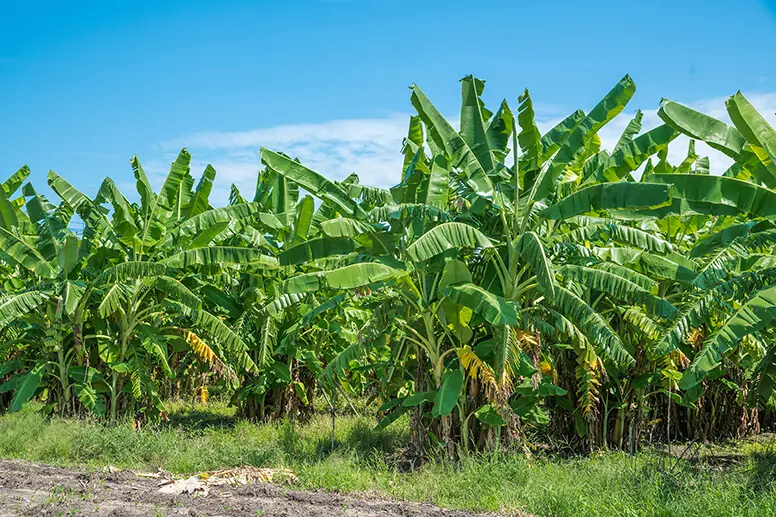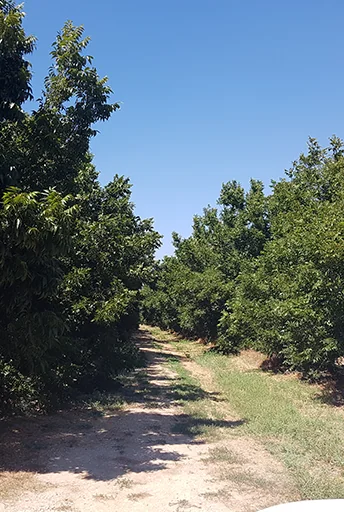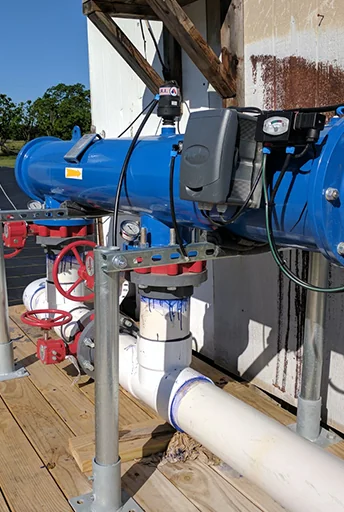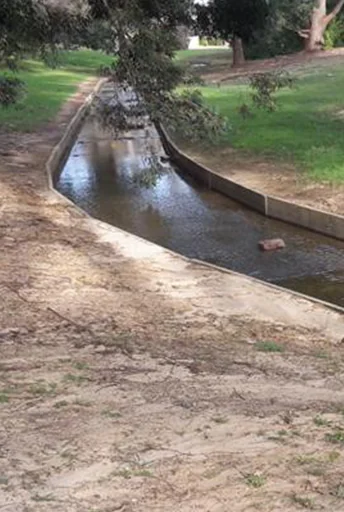![]() Country
Country
Israel
![]() Application
Application
Protecting drip irrigation
![]() Water source
Water source
Wastewater
![]() Filtration solution
Filtration solution
4" Mini Sigma
Background
Ginosar is a small kibbutz situated on the Western coast of the Sea of Galilee in Israel. It was founded in 1937 and has a population of a little less than 600 people. The kibbutz relies on its agriculture, boasting 430 hectares of land dedicated to the cultivation of dairy, citrus, sub-tropical fruits, and bananas.
Challenge
Secondary treated wastewater (the source used for the plantation) includes high levels of suspended particles, metal, salt, ions and biological communities, which cause the clogging of emitters. Using the right filtration system to prevent irrigation emitter clogging is absolutely essential to ensure consistent flow rates and uniform distribution of water to crops. To tackle this issue, the plantation’s owners originally installed semi-automatic screen filters on each secondary head control. Although the semi-automatic screen filters were successfully preventing emitter clogging, a new problem emerged; the plantation’s owners had to constantly work at cleaning and preventing the clogging of the filters themselves. The procedure of manually cleaning filters is called flushing – using clean water to rinse the filter’s screen in order to remove the build-up of particles and debris on the screen’s surface. Maintaining the uniform distribution of water to the plantation meant flushing the filters twice a day. This process presented the plantation’s owners with three major problems: Time: The process of flushing would take almost 2 hours daily for each line, during which time the plantation’s entire irrigation system would have to shut down; Manpower: Two workers at an estimated cost of US$1000 a month were tasked with the job of cleaning the filters on a daily basis. Additionally, during the weekends there was no available manpower to clean the filters, resulting in a lower flow rate which eventually would have a severe impact on the plantation’s yield and bottom line; Water: An estimated 340 liters of wasted water each day.
Solution
After consulting with the irrigation team at Amiad, the solution was clear. For the plantation’s owners to be able to save on precious time, water and manpower they would need to replace their semi-automatic filters with Mini Sigma automatic self-cleaning filters. The Mini Sigma is a multi-screen polymeric, automatic self-cleaning filter designed to be user-friendly, durable, efficient and easy to install. It comes in three different models, with sizes ranging from 2” to 4”. Polymer is an extremely strong and resilient material, which makes the Mini Sigma ideal for open-field irrigation. It is also resistant to the chemical corrosion that often occurs when using water sources with high mineral and biological content such as the reclaimed wastewater used for Ginosar’s banana plantation. How using the Mini Sigma solved the plantation owners’ three major problems: Time: The Mini Sigma requires no manual flushing. Instead, a differential pressure switch (DPS) monitors the pressure caused by the accumulation of debris on the filter’s inner screen. When it senses a specific difference in pressure, it initiates the selfcleaning process. The internal cleaning mechanism removes the buildup from the screen, which is then discharged. The filtration process continues uninterrupted during the cleaning cycle and there is no need to shut down the irrigation system. Manpower: The Mini Sigma needs very little maintenance and as previously mentioned, requires no manual flushing. This allowed the plantation’s owners to save on manpower (two workers at an estimated cost of US$1000/ month) and to reassign the workers to different tasks around the plantation. The Mini Sigma also comes fully equipped with Amiad’s state of the art ADI-P Controller which interacts with Amiad’s smartphone app. The ADI-P controller allows the user to choose specific time intervals or initiate the cleaning cycle at any time. This gave the plantation’s owners full control over the filters’ cleaning cycles during weekends which resulted in an even and consistent flow rate. Water: The Mini Sigma has a unique cleaning mechanism that uses minimal energy. The minimum operating pressure during the flush cycle is only 1.5 bar. A precise amount of water is used for each cleaning cycle, minimizing water waste.
Results
Making the switch from manual screen filters to Mini Sigma automatic self-cleaning filters proved to be the exact solution this irrigation system needed. At Amiad, our mission is to provide our customers with the best solutions for their unique needs.

